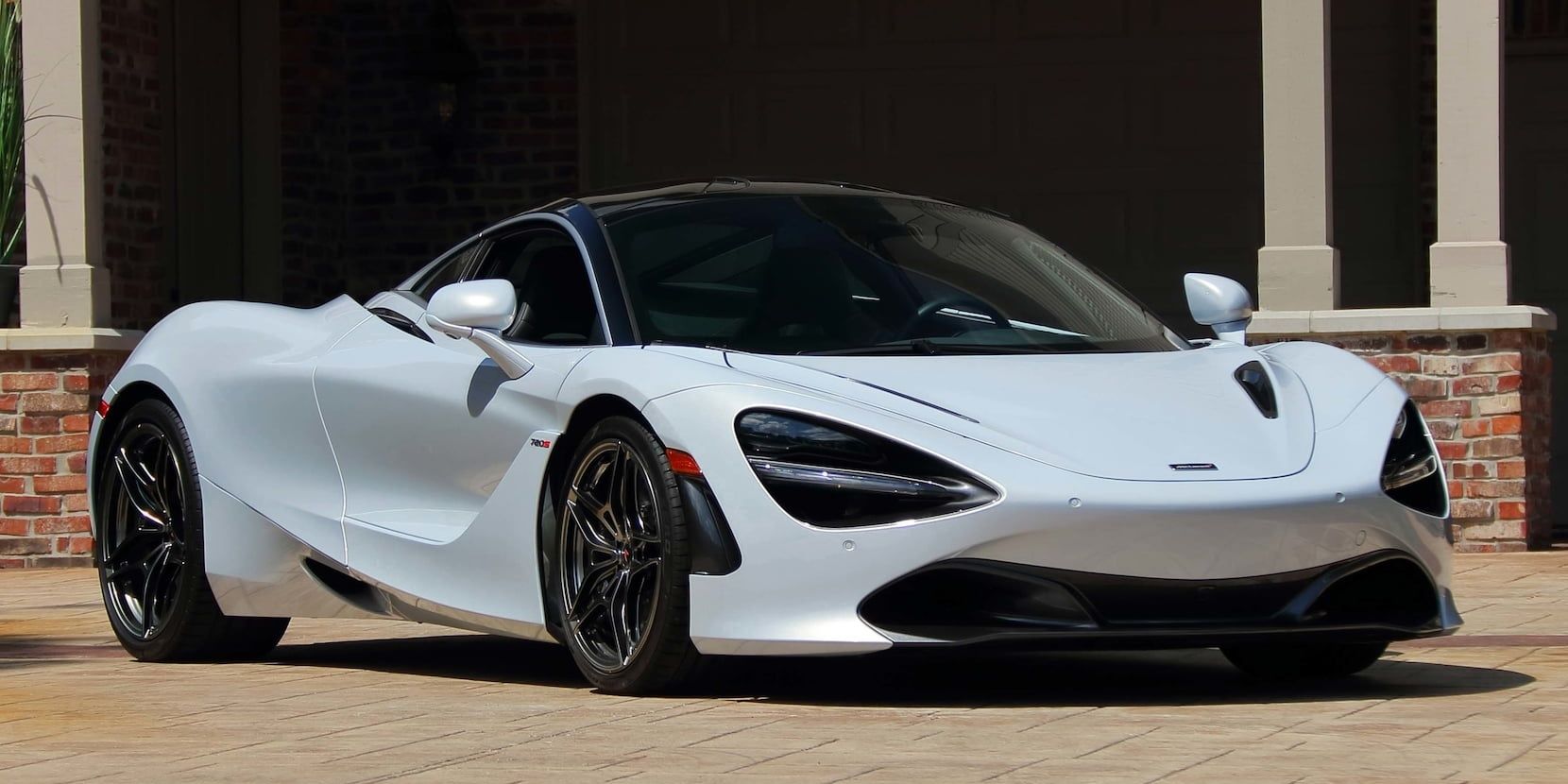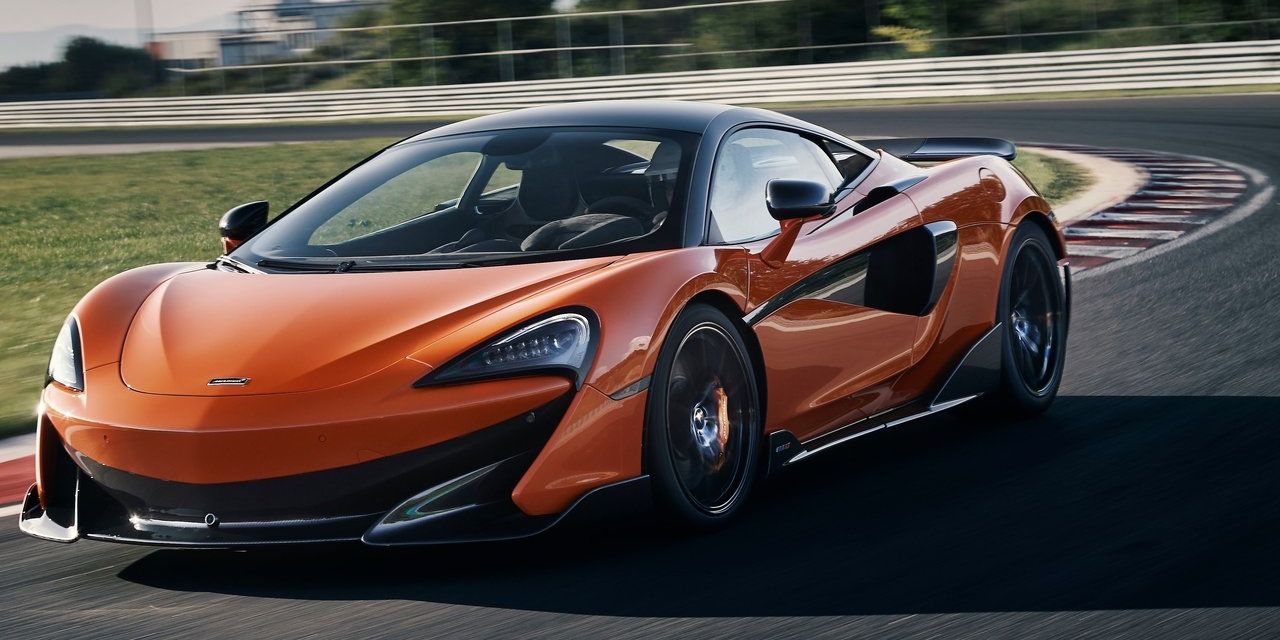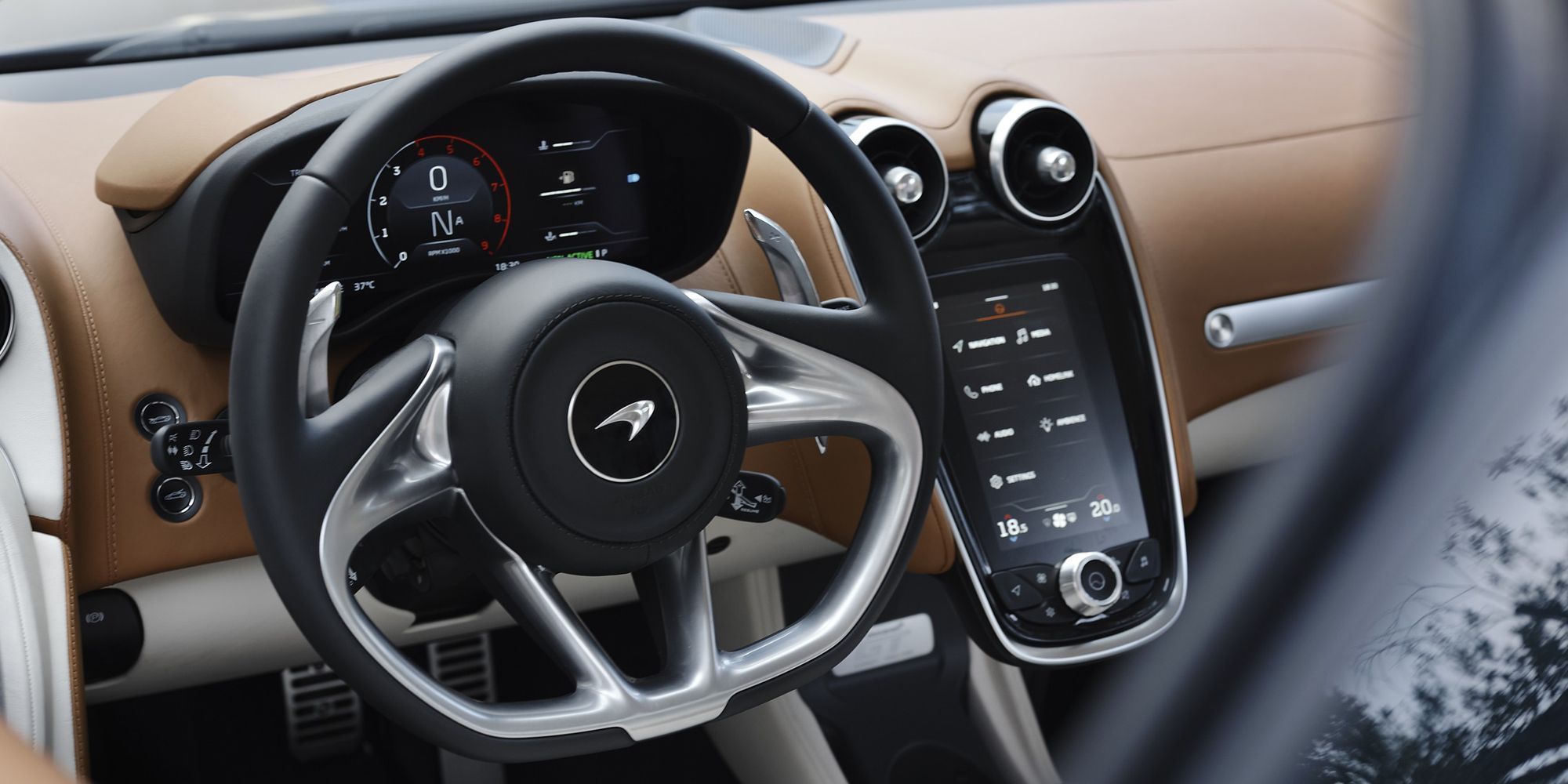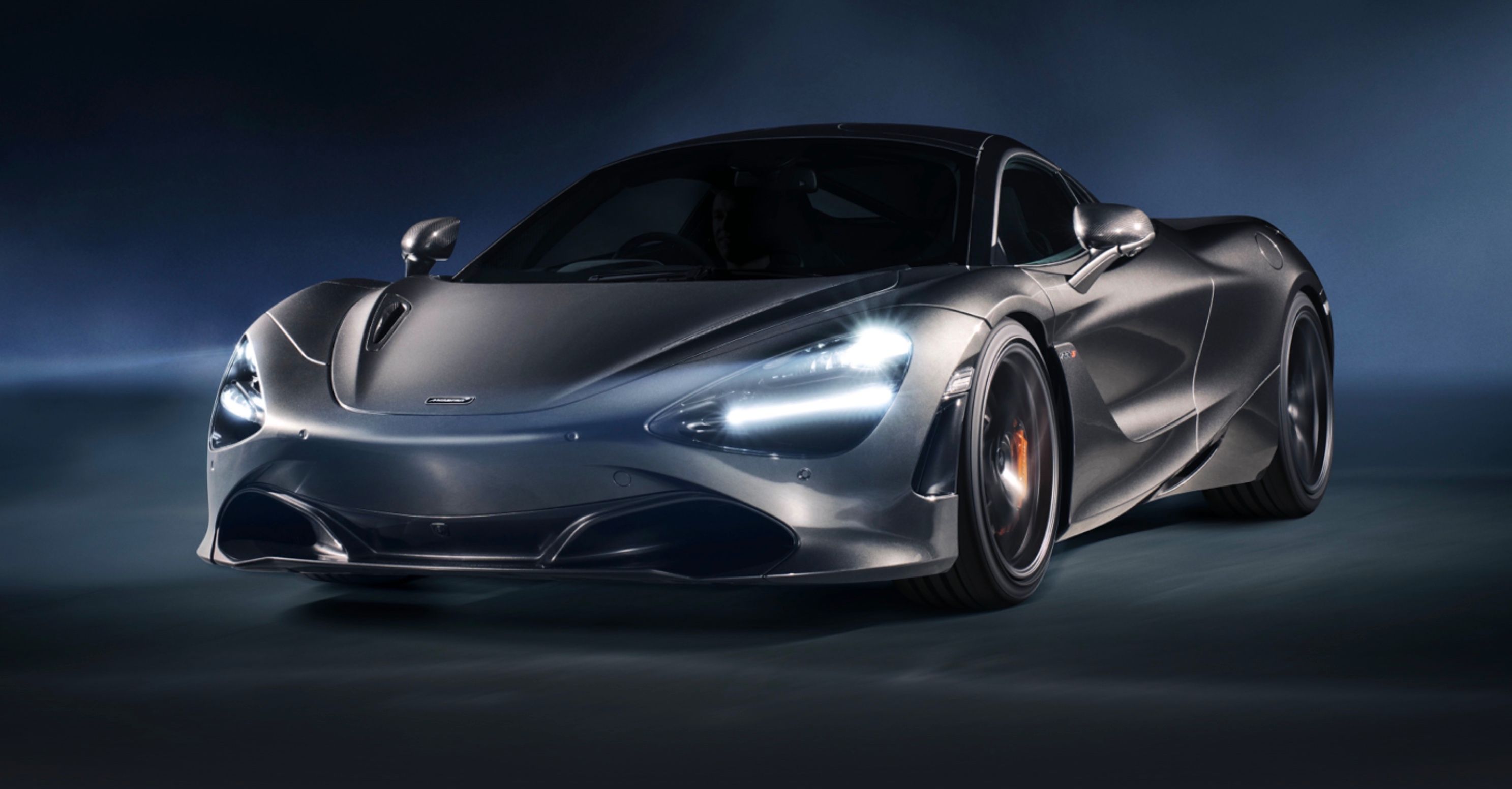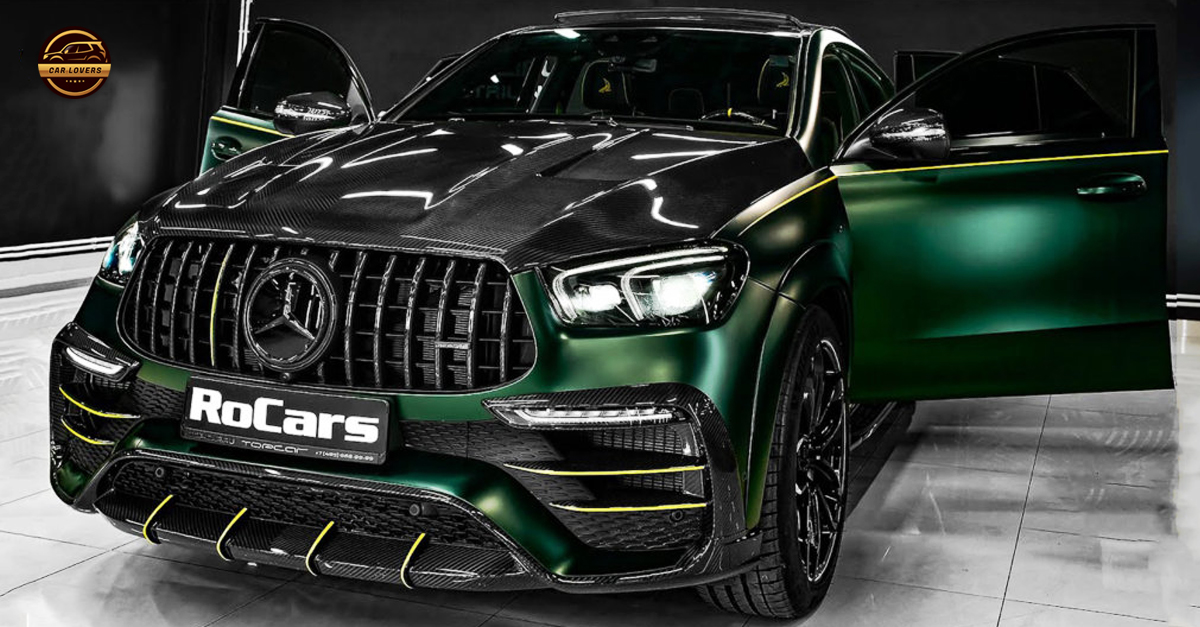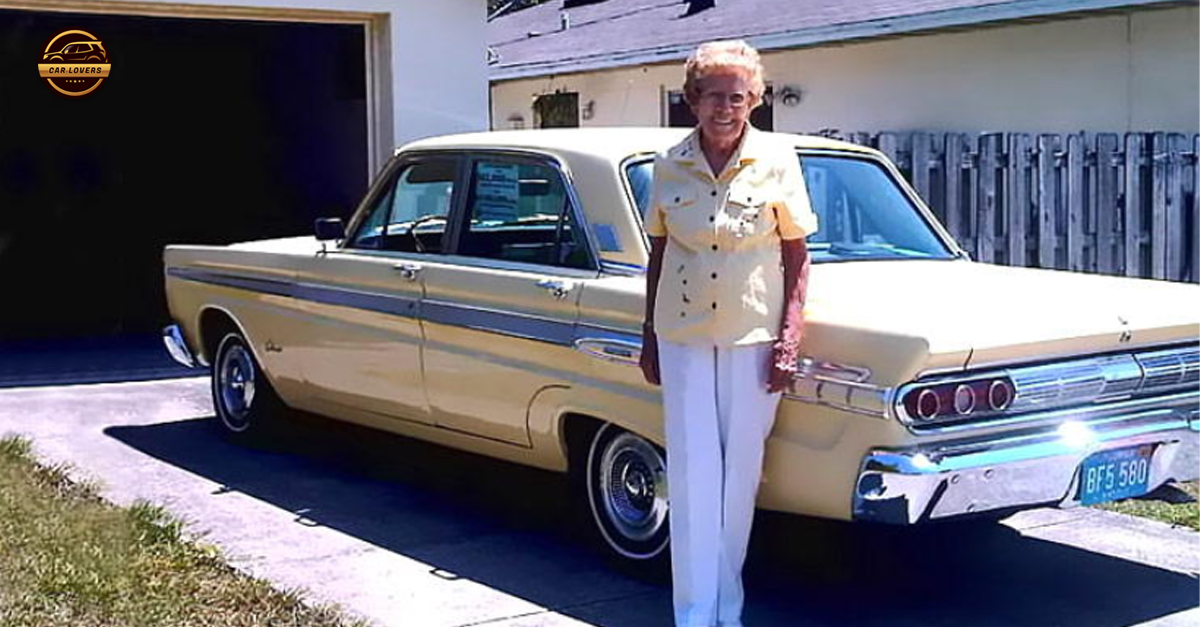McLarens rank among the fastest production cars on the road today, yet a notorious dark side of reliability and cost hangs close by.
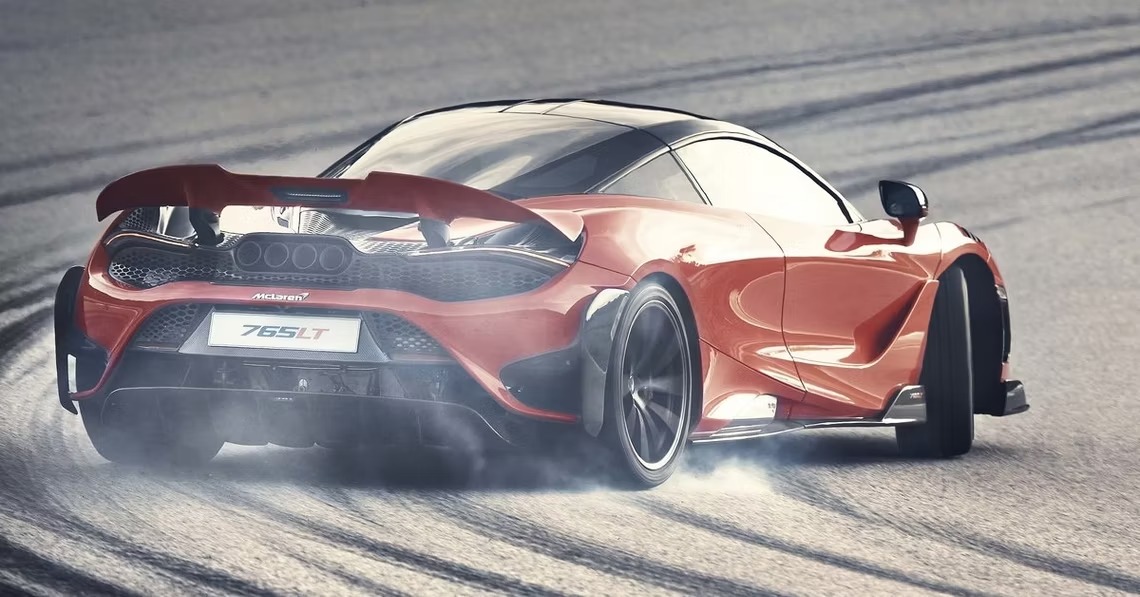
In its 2011 production rebirth since the legendary F1, McLaren Automotive have distilled the philosophy of it’s founder through ultimate expressions of limitless performance. For want of slippery machines doubling down on unfavored tech like turbocharging and hybrid power, McLaren exists as the answer to the automotive industry’s neutered performance segment – with an unfortunate cash catch.
To be expected, the cost for hyperspace technology isn’t cheap, though the financial woes of the Britain’s most talked about modern supercar manufacturer extends beyond the MSRP. An amalgamation of questions like “are McLaren’s reliable cars?” or “is it common to find a loose bolt in my new 720?” highlight the anxiety associated with a diamond dragged further deep into the rough.
Retail
McLaren offers its range in three courses; GT, Supercars, and Ultimate at surprisingly comfortable values. The McLaren GT entered the market as an attuned lifestyle replacement to the 570S, forcing a directional ditching of the original Sports Series moniker to, you guessed it, the GT series. With only one car in its segment that kicks off an entry price of $208,000, the absurdity of modern supercar ownership is curtailed in the roomier carbon tub against the likes of Ferrari’s beginner most sports car model in the Portofino.
Disregarding the LT line, a move up the range sees the re-emergence of the ‘old’ benchmark — the 720s. At $310,000, the 720s adorns spectacular figures of both price and performance yet none so outrageous in the league of its performance. An equitable flagship of considerably less outright prowess comes in the form of Lamborghini’s Aventador S, which at $424,845 is a terrifically shouty way to lose a hundred grand, and the race.
Depreciation
Catapulting the brand into turmoil is nothing short of it’s globally depreciating used car prices. Aston Martin and Bentley’s undeserving modern experiences with depreciation not too far across the pond are a result of a bygone reputation of exorbitant maintenance costs at a rate faster than your paycheck could clear it. Instead, McLaren’s misery comes as a result of their own ongoing troubles with quality control, dizzying unraveling of models and a reliability curse that befalls some of the most basic of components. Even the LT series of track rats that usually command higher values have seen a fall from grace, with examples like the 600LT seeing a $50,000 loss on delivery mileage examples after just a year on the market. That’s a considerable loss of value for a track special, which in any other branch of competition would see values hold at the very least.
McLaren comes out with new models more frequently than Victoria’s Secret, launching the 650s, 720s, GT and Artura all in the time Lamborghini ran the Aventador (only recently retiring the bull for the new Revuelto). Churning out models so frequently does little to the cars it replaces, much like the problems with the iPhone. Nobody cares about the iPhone 13 Pro Max, despite unbelievable technological prowess, because everyone wants the year-later 14. This is the same in the case of McLaren. They’re like an impulsive teen so eager to tell the world of their next idea that they completely sully the values of the cars that have only just had time to acclimate to the market. It’s no wonder models like the GT and Artura get lost in the daily conversation, with few casual pundits having any idea they even exist.
Reliability
The consensus from owners across McLaren Automotive’s decade long lifecycle remains that the core product is a phenomenally put together engineering study, let down by the comforts and convenience expected from a modern supercar. Electronics often throw codes the way old Alfa Romeos used to, with little rhyme or reason, though consolidating the real issues requires little less than a 15 minute shut down and a system reset like a 90s Macintosh. Hardly what you’re looking for in a six figure supercar.
Replacement units are generally out of pocket a few hairs more than you might want to shell out, and much of the system’s fiddly nature is embedded within the operating system, so it’s something you’ll have to acclimate to as a new part won’t be as helpful as you’d hoped. There’s also a really neat electronic dipstick that will lie to you about your oil level, leaving your car to explode if you decide to trust it.
But really, it is an Alfa-like experience. A McLaren will force you to have an intimate, almost counseling, relationship with it. You have to dig deep to learn its failings and whether those inconveniences are just attention seeking posturing or something serious to be concerned about. It can definitely get expensive, but isn’t that just part of the ride?
Build Quality
Despite rearranging atoms into one of the most exciting blends of contours ever seen on a car, McLaren’s overall build quality from its physique to its cabin is a quality control disaster. Whether we’re talking brand-new models like the 2023 720S Coupe or something from their genesis catalog, McLaren’s have panel gaps to make an S550 Mustang proud. Further to the body ailments, undone trim pieces between the dash and center console unit and poorly sealed door hinges are relatively infrequent indications that not all McLarens deserve their hefty price tag. As far as fixes go, there’s little a dealer will do to close the gap between body panels, fearing they just weren’t designed to fit as flush as one may have hoped.
Running Costs
Dealer, dealer on your street, which poor sod would you like to meet? That should chime every time a McLaren owner schedules a service at their local service center, as it’s really at the discretion of the dealer whether you’re treated as you should or not. McLarens come with two essential warranty packages; basic 5yr/46,000 mile or the powertrain inclusive 5yr/46,000 mile. The trouble comes when assigning fault, and McLaren dealers around the world have been notorious for rejecting warranty claims citing driver error. Sometimes it’s a fair point, while other times it’s obvious reaching to get out of a tight spot.
The average running cost for a virgin 720s without any major faults was just under $5,000. In reality, McLaren’s reliability misgivings aren’t as bad as everyone makes it out to be, though if you’re looking for a headache free ownership experience, you may be better off shopping with the Germans.



